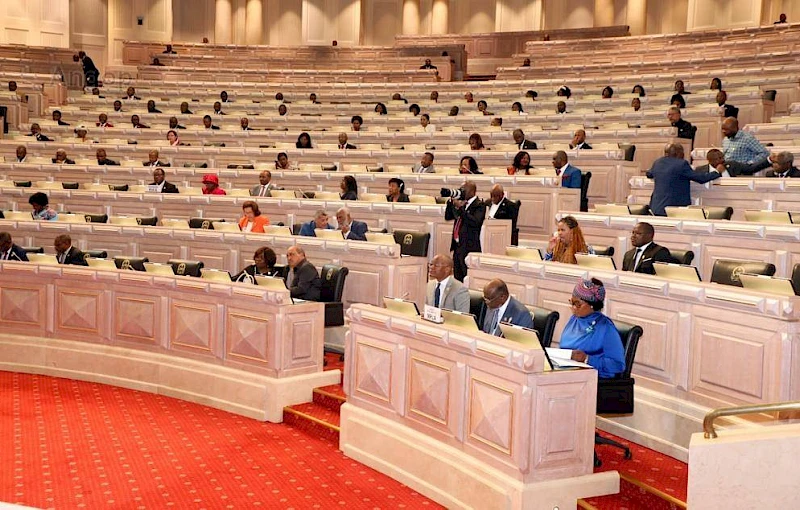Luanda - Angolan MP Luísa Damião Thursday in Luanda called for zero tolerance of female genital mutilation during the presentation of legislative initiatives and increased education and awareness campaigns in communities.
Speaking about the assessment of the report by the standing committee on human and social development and special programs of the SADC Parliamentary Forum (SADC PF), the MP said this should involve the media and social partners.
"We are concerned about female genital mutilation, which is a flagrant violation of fundamental human rights," the MP said, underlining that the practice is a form of gender-based violence.
The parliamentarian acknowledged that it causes significant damage to women's health, physical, psychological, sexual and vital integrity.
"This practice is harmful to sexual and reproductive health and a violation of medical ethics," she said.
According to Luisa Damião, in order to put an end to female genital mutilation it is necessary to tackle the root causes of gender inequality and work towards the social and economic empowerment of women.
The MP added that, as a form of prevention, Angola criminalizes this practice under its Penal Code.
Luísa Damião also referred to the monitoring mechanisms for denouncing these harmful practices, which are an extreme manifestation of gender inequality and must be combated.
The aim, according to the MP, is to make civil society aware of the need to eradicate these practices, which harm the physical and psychological health of many women and girls around the world.
Eradicating the phenomenon
An estimated 230 million girls and women around the world have been subjected to Female Genital Mutilation and, according to research conducted by Equality Now, it has been recorded in 92 countries.
Although the prevalence of genital mutilation has decreased among adolescent girls in some African countries, the total number of women and girls affected has increased from 140 million to 144 million due to population growth.
In countries such as Somalia, Mali, Gambia, Guinea and Senegal, progress in reducing the prevalence of genital mutilation has stalled over the last 30 years.
The practice has been linked to other violations, such as child marriage, teenage pregnancy and child rape.
In Tanzania, for example, where female genital mutilation was criminalized in 1998, prevalence has fallen from 18% to 8%, with increased participation in alternative rites of passage and better handling of cases by law enforcement authorities.
The SADC Model Law on Gender-Based Violence has been a progressive normative framework that defined and categorized genital mutilation as gender-based violence and obliged SADC member states to prevent it.
However, it was noted that the limited data on this practice in Southern Africa, particularly among minority and migrant communities, left a gap that negatively affected initiatives.
The 55th Plenary Assembly of the FP-SADC adopted the Motion on the report of the standing committee on human and social development and special programs, following its statutory meeting held under the theme "Accelerating the AU Agenda 2040 for Children: Strengthening Parliamentary Engagement for Child-Centered Legislation and Policies". DC/VIC/AMP
































